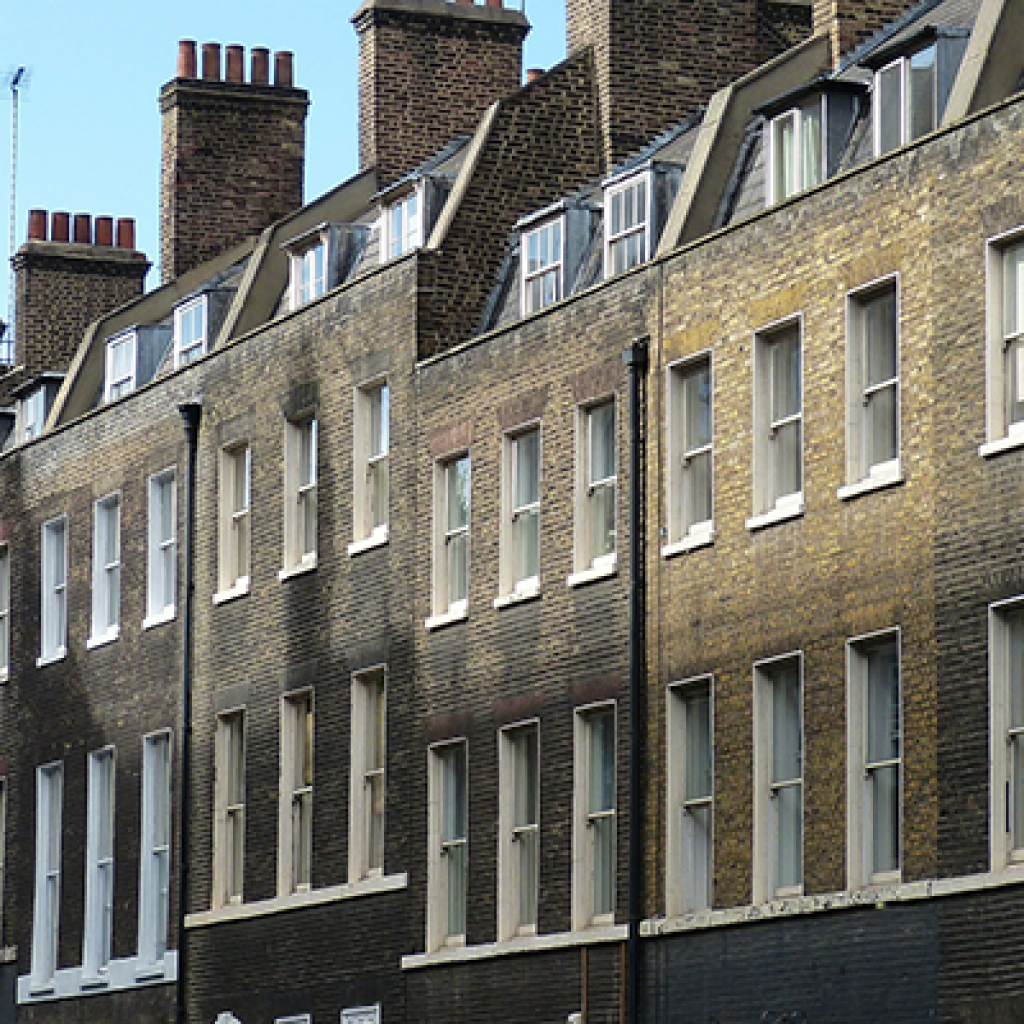Following the release of the Land Registry Market Trend Data for July 2015, property industry experts share their views on this month’s findings.
Andy Sommerville, Director of Search Acumen, comments
“Even though the Land Registry reports that transactions were noticeably down year-on-year between February and May, there has been a host of positive signs since the election of greater activity returning to the market.
“[These latest] figures show the monthly rate of house price growth picked up slightly from 1.1% to 1.7%, but with the annual measure falling from 5.4% to 4.6%, it suggests the housing affordability crisis may be easing slightly as the economy improves. Black Monday has thrown the global picture into confusion, but one thing that seems clear is that the 0.5% base rate is likely to be with us for some time yet, which will help to keep mortgage finance affordable.
“After a slow start to the year, conveyancers have plenty of reason for cheer, having just experienced their busiest Q2 of the post-recession era. July also saw mortgage lenders break post-recession records with monthly gross lending hitting £20.1 billion. There is everything to play for over the next six months and no time for businesses to rest on their laurels.”
Peter Rollings, CEO of Marsh & Parsons, comments:
“As the first port of call for international investors and prime property purchases, the housing market in London is more exposed to regulatory and stock market turbulence than the rest of the country. We’re still experiencing tremors from the new Stamp Duty banding, and as demand for million-pound homes has eased, the harsher taxes at the top-end may continue to rock the boat in London for the coming months.
“But this all needs to be kept in perspective. London is still achieving significantly above-average house price growth, and retains its position at the top table.
“In addition, the Chinese stock market slump may present more of an opportunity than a threat to the London property market – while it’s made property more expensive for Chinese buyers, those looking for a secure capital investment in these volatile times will still be attracted to the stability of the returns to be made in the capital.”
Adrian Gill, Director of Your Move and Reeds Rains estate agents, comments:
“The long-term trend of annual house price growth may still be sliding downhill, but in the short-term monthly growth is heading skyward. There’s still a considerable gulf between the rates of growth in the East, South East and London and other regions, but this hasn’t knocked confidence nationwide and buyer demand is digging its heels in across the country.
“More recently in July, we saw monthly first-time buyer sales hit a post-recession record. Since the financial crash, a Bank of England base rate of 0.5% is all first-time buyers have ever known, and many were keen to agree mortgage deals and complete property purchases before this changed. While an interest rate rise has been relegated into next year by the Chinese stock market crash, play won’t stop for those looking to buy a home before borrowing inevitably becomes more expensive.”




















